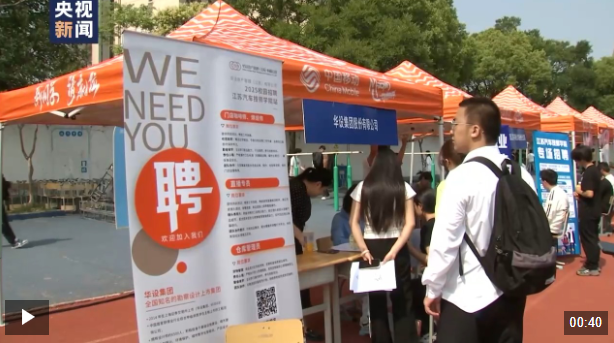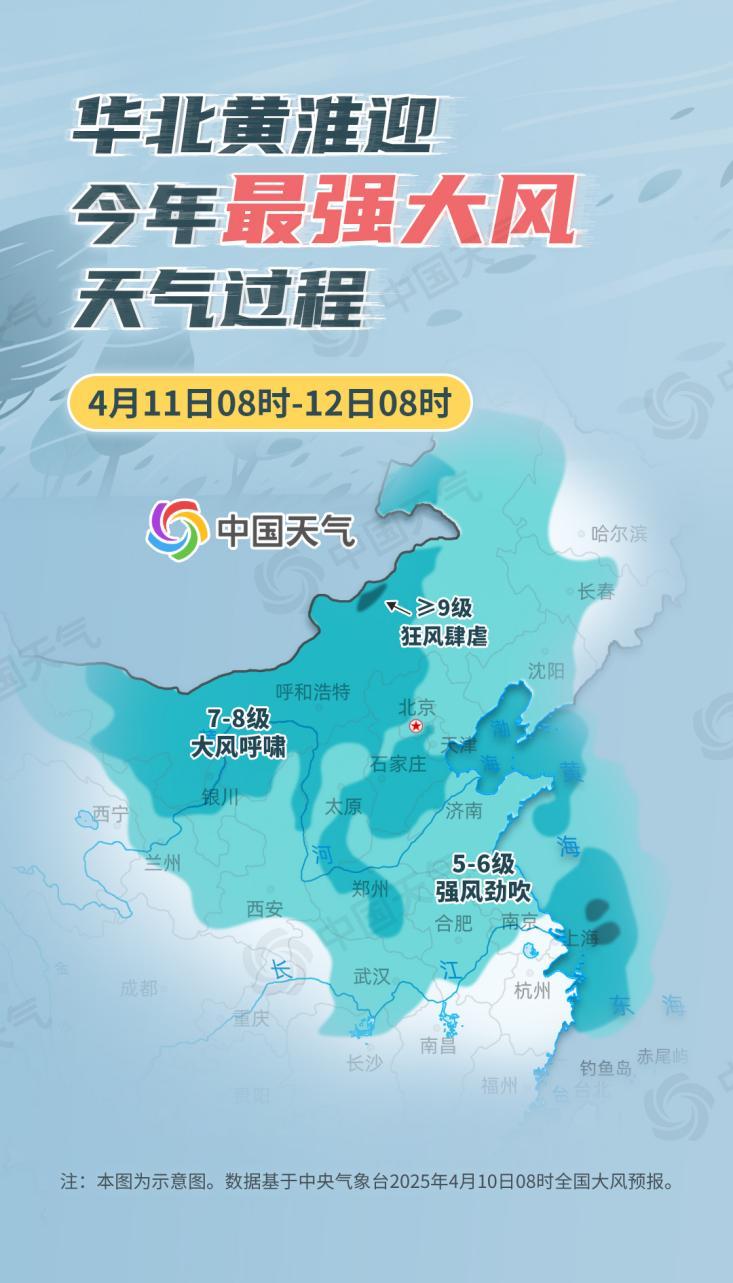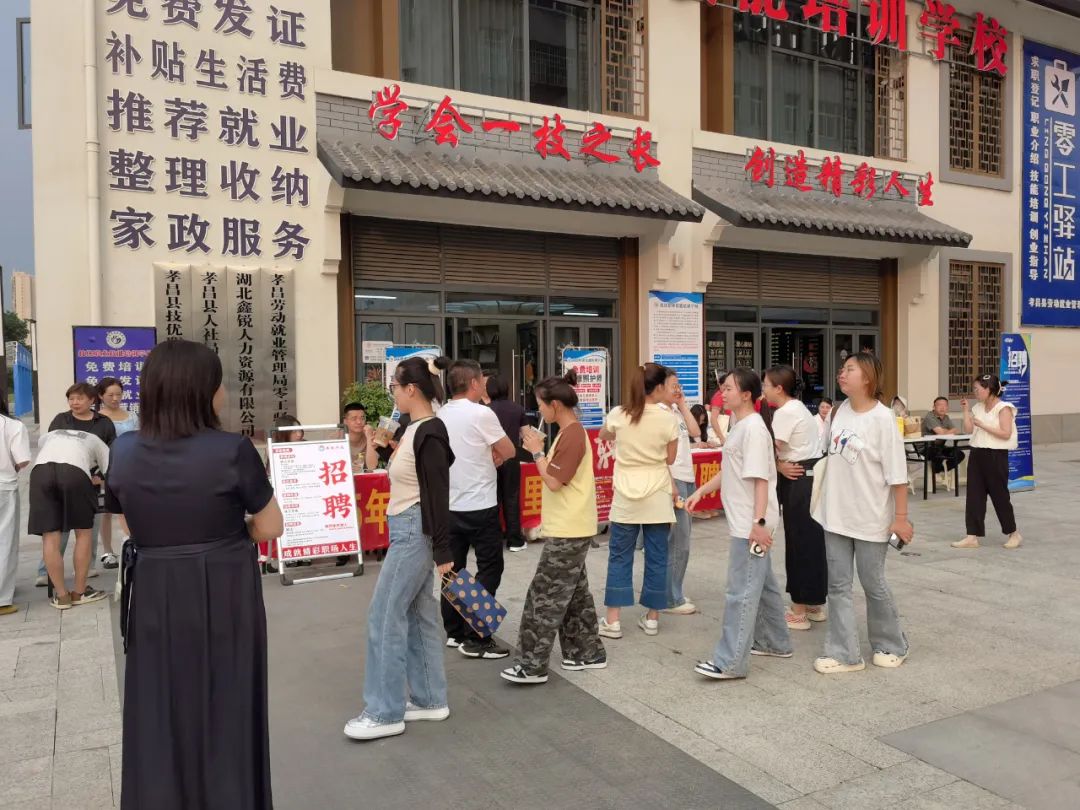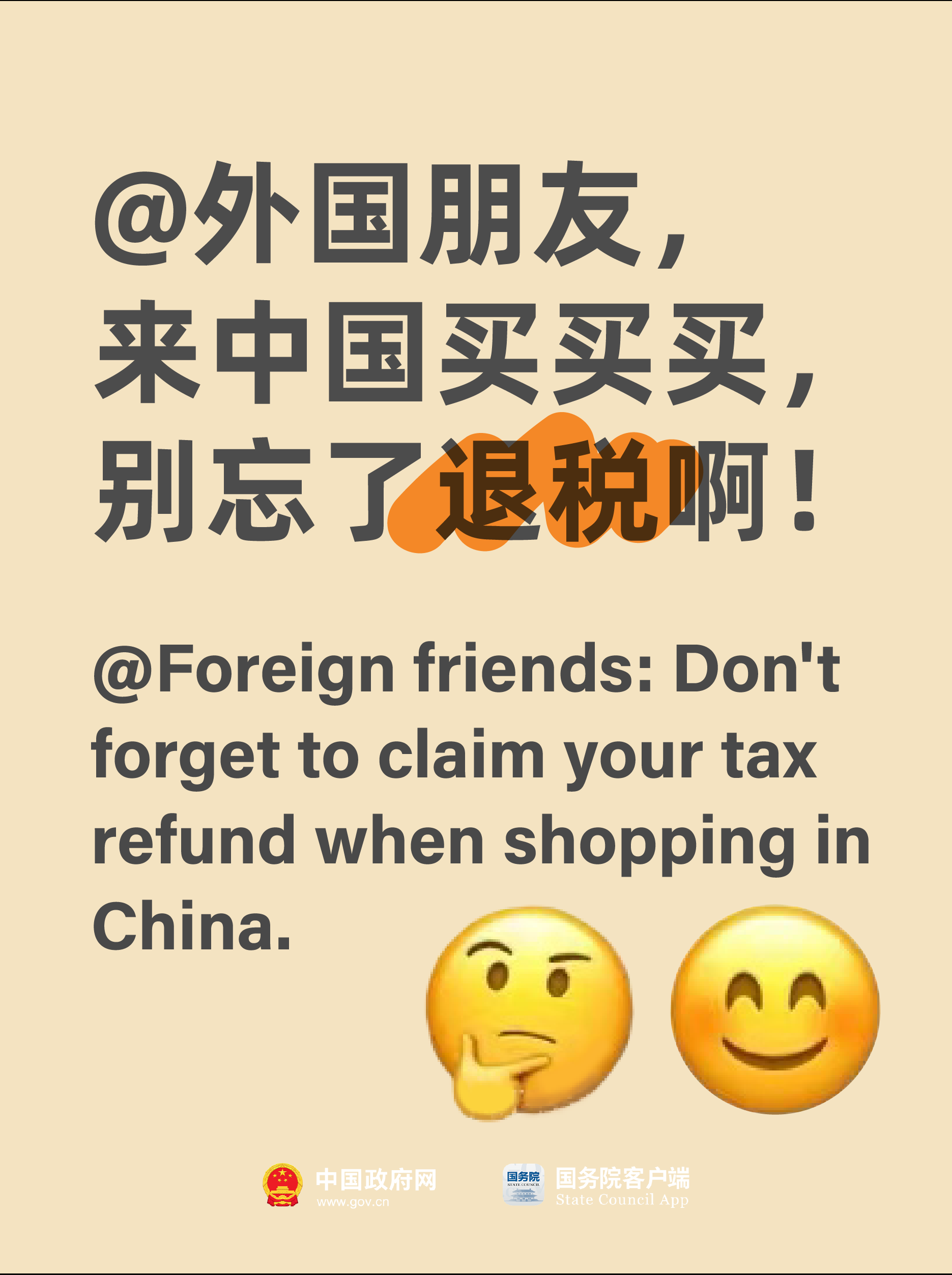Rethinking the consequences of U.S. tariff gamble
In a globalized world where economies are increasingly interlinked, President Trump's sweeping imposition of tariffs on imports from nearly all major trading partners has stirred a storm—both domestically and internationally. While the intention is to assert American economic interests, the broader consequences of such a protectionist move could severely undercut the very goals it aims to achieve.。
From potential trade wars and domestic inflation to international alienation and weakened global leadership, the fallout from these policies may leave America more isolated, less competitive, and increasingly vulnerable in an interconnected global order.。

Tariffs in theory vs. reality。

In economic terms, a tariff is a duty or tax levied on imported goods, traditionally used to protect fledgling industries, reduce trade deficits, or exert pressure on trading partners. Historically, countries like the U.S. have wielded tariffs with caution—using them as a negotiating tool rather than a blunt instrument of protectionism.。

But today's context is different. The U.S. is no longer a manufacturing-heavy economy. Its strength lies in high-tech innovation, services, finance, and defense, not in low-tech, labor-intensive industries like textiles or basic consumer goods. Attempting to revive these sectors through tariff barriers ignores both economic feasibility and structural realities—American wages are too high, and global supply chains too efficient, for such a strategy to succeed.。
A unilateral decision with limited consensus。
Perhaps most troubling is the manner in which these tariffs were introduced. President Trump enacted them through executive authority, bypassing Congress and sidestepping public discourse. Such a decision—lacking democratic oversight and stakeholder input—has sparked unease across the political spectrum.。
Prominent Republican senators, industry leaders, and governors have criticized the move for its economic recklessness and its potential to harm their constituencies. Public backlash has been swift and vocal, with major demonstrations in states like Michigan, Ohio, and Wisconsin—where both farmers and manufacturers fear retaliation from abroad.。
Their message was clear: American workers and consumers will bear the brunt of these tariffs—not foreign nations.。
Who really pays for tariffs?
Despite political rhetoric, tariffs are not paid by foreign exporters. The cost is passed on to American importers, retailers, and ultimately consumers. Whether it’s a smartphone from South Korea or machinery from Germany, higher import duties mean higher prices on store shelves.。
A recent analysis by the U.S. Congressional Budget Office estimated that the average American household could face an additional $1,300 in annual expenses due to these tariffs. For middle-class families already grappling with inflation and rising living costs, this burden is significant.。
Moreover, small businesses—which form the backbone of the U.S. economy—are disproportionately affected. Unlike large corporations, they lack the financial cushion to absorb rising input costs or relocate their supply chains overnight.。
Global reaction: Allies alarmed, rivals energized。
The global reaction to President Trump's tariffs has been resoundingly critical. Traditional U.S. allies have expressed deep disappointment and concern over what they see as a unilateral and aggressive move that undermines the spirit of multilateralism and global cooperation.。
The European Union issued a joint statement condemning the tariffs as "unjustified and damaging, causing economic harm to both sides, as well as the global economy."。
Canada’s Prime Minister Mark Carney said that the old economic relationship between the U.S. and Canada is “over,” vowing that Ottawa will respond “forcefully.”。
The Chinese government strongly condemns and firmly opposes U.S. abuse of tariffs.。
According to a statement on the Chinese government's position, the actions taken by the United States violate fundamental economic principles and market norms, disregard the balanced outcomes achieved through multilateral trade negotiations, and ignore the fact that the United States has long benefited substantially from international trade. Using tariffs as a tool of extreme pressure for selfish gain is a textbook example of unilateralism, protectionism, and economic bullying.。
Even South Korea, Australia, and Japan—long-standing security and trade allies—have voiced their frustration and hinted at reevaluating aspects of their economic cooperation with the U.S.。
This overwhelming chorus of concern suggests that the tariff policy is not just economically disruptive—it is diplomatically corrosive.。
Global retaliation: A domino effect。
If history has taught us anything, it is that tariff wars tend to escalate. In response to U.S. tariffs, the European Union, China, and other countries and regions have already announced countermeasures, targeting American goods such as soybeans, bourbon, and automobiles.。
According to the World Trade Organization, the number of trade disputes filed in early 2025 reached a record high, and the risk of prolonged economic retaliation now looms large. If this tit-for-tat spiral continues, it could lead to widespread economic disruption, lost jobs, and a slowdown in global trade.。
The World Bank warned that U.S. across-the-board tariffs of 10% could reduce already lackluster global economic growth of 2.7% in 2025 by 0.3 percentage point if America's trading partners retaliate with tariffs of their own. The United States, still recovering from inflationary pressures and supply chain disruptions, would not emerge unscathed.。
Undermining U.S. alliances and global influence。
Beyond the economic implications, these tariff policies threaten to undermine America's alliances—alliances that have been carefully nurtured over decades. Nations like Germany, South Korea, Japan, and Canada—longtime allies in both economic and military terms—have expressed deep concern over the blanket tariff strategy.。
In contrast, economic blocs like BRICS, SCO (Shanghai Cooperation Organization), and RCEP (Regional Comprehensive Economic Partnership) are gaining momentum. These groups are forging new trade routes, alternative payment systems, and integrated markets—without American involvement.。
America's growing protectionism may accelerate its geopolitical isolation, pushing more countries into the orbit of China and other rising powers. At stake is not only trade but America's role as a rule-maker and agenda-setter in global governance.。
Rethinking the path forward。
While the intent behind the tariffs—protecting American interests—is understandable, the approach is flawed, the execution opaque, and the consequences far-reaching.。
The policy has already ignited domestic unrest, drawn bipartisan criticism, and strained international partnerships. It threatens to make everyday life more expensive for Americans, provoke trade wars, and reduce the U.S.'s global relevance.。
Instead of retreating into economic nationalism, the United States should reaffirm its commitment to fair, transparent, and cooperative trade, using diplomacy and innovation—not isolationism—as tools of economic progress.。
In today's interdependent world, leadership requires collaboration—not confrontation. America must choose wisely.。
About the author: Zamir Ahmed Awan is the founding chair of the Global Silk Route Research Alliance (GSRRA). He is a sinologist and former diplomat. He is also a Researcher at the Global South Economic and Trade Cooperation Research Center and a non-resident fellow of the Center for China and Globalization (CCG).。
(责任编辑:休闲)
-
 近年来,未成年人在网络渠道上高额打赏事情频发,引发广泛注重。尽管现在大部分网络渠道已采纳技术办法约束未成年人消费,但在实际操作中,一些办法流于形式,未能有用阻挠未成年人的非理性消费行为。遇到这样的景象
...[详细]
近年来,未成年人在网络渠道上高额打赏事情频发,引发广泛注重。尽管现在大部分网络渠道已采纳技术办法约束未成年人消费,但在实际操作中,一些办法流于形式,未能有用阻挠未成年人的非理性消费行为。遇到这样的景象
...[详细]
-
 眼下,又到了一年一度的高校结业求职季。在高校招聘会上,记者发现专业技术人才越来越遭到用人单位的喜爱。高校招聘会 专业技术人才受企业喜爱。近来,在江苏轿车技师学院2025年学校双选招聘会上,400余名应
...[详细]
眼下,又到了一年一度的高校结业求职季。在高校招聘会上,记者发现专业技术人才越来越遭到用人单位的喜爱。高校招聘会 专业技术人才受企业喜爱。近来,在江苏轿车技师学院2025年学校双选招聘会上,400余名应
...[详细]
-
【锲而不舍执行中心八项规则精力】以大众满意度 查验学习教育实践成效
 央视新闻客户端音讯新闻联播):深化遵循中心八项规则精力学习教育展开以来,安徽淮北、山西晋中把学习教育与实际工作相结合,实在把风格硬要求变成硬办法,保证学有质量、查有力度、改有成效。安徽淮北经过举行违背
...[详细]
央视新闻客户端音讯新闻联播):深化遵循中心八项规则精力学习教育展开以来,安徽淮北、山西晋中把学习教育与实际工作相结合,实在把风格硬要求变成硬办法,保证学有质量、查有力度、改有成效。安徽淮北经过举行违背
...[详细]
-
 湖北日报讯记者刘洁、实习生陈妍冰)“感谢我们的及时救助,把我从逝世线上拉回来,差一点人就没了。”6月3日,武汉市硚口区汉江湾体育公园,武汉市民吴先生化名)拿着一面锦旗,向公园恢复师和球友表明感谢。5月
...[详细]
湖北日报讯记者刘洁、实习生陈妍冰)“感谢我们的及时救助,把我从逝世线上拉回来,差一点人就没了。”6月3日,武汉市硚口区汉江湾体育公园,武汉市民吴先生化名)拿着一面锦旗,向公园恢复师和球友表明感谢。5月
...[详细]
-
 .。荆楚网湖北日报网)讯通讯员 陈向东)。“瞧!那些都是从武汉来的游客,大多是退休的老年人,他们但是这几年我们景区招待量最大的游客集体。”4月9日,在大冶市陈贵镇雷山景色名胜区中心广场,望着四五辆悬挂
...[详细]
.。荆楚网湖北日报网)讯通讯员 陈向东)。“瞧!那些都是从武汉来的游客,大多是退休的老年人,他们但是这几年我们景区招待量最大的游客集体。”4月9日,在大冶市陈贵镇雷山景色名胜区中心广场,望着四五辆悬挂
...[详细]
-
 日前,我国—中亚媒体高质量共建“一带一路”联合采访团走进我国石油天然气集团有限公司以下简称“我国石油”)与哈萨克斯坦企业携手打造的项目,感触我国和中亚国家动力协作的脉动。在阿拉木图主干道阿拜大街上,我
...[详细]
日前,我国—中亚媒体高质量共建“一带一路”联合采访团走进我国石油天然气集团有限公司以下简称“我国石油”)与哈萨克斯坦企业携手打造的项目,感触我国和中亚国家动力协作的脉动。在阿拉木图主干道阿拜大街上,我
...[详细]
-
端午遇“六一”点着文旅交融新生机——2025端午假期经济调查
 端午时节,龙舟竞渡粽香飘。这个假日,端午节与儿童节“喜相连”,大江南北,端午元素处处可见,欢喜的气氛溢满街头。当传统和潮流磕碰,当童趣与童真交错,新潮味、新体会,新玩法为假日经济增加了新的生机。鼓声阵
...[详细]
端午时节,龙舟竞渡粽香飘。这个假日,端午节与儿童节“喜相连”,大江南北,端午元素处处可见,欢喜的气氛溢满街头。当传统和潮流磕碰,当童趣与童真交错,新潮味、新体会,新玩法为假日经济增加了新的生机。鼓声阵
...[详细]
-
 “五月五,龙船下水打烂鼓”。端午佳节。龙舟竞渡成为“顶流”。锣鼓喧天、红旗招展。摩肩接踵、锅碗瓢盆bushi)。……。盆底敲凹。是专业龙舟观众的必备技能!受“最强气氛组”感染。坐在工位的小编。也“燃”
...[详细]
“五月五,龙船下水打烂鼓”。端午佳节。龙舟竞渡成为“顶流”。锣鼓喧天、红旗招展。摩肩接踵、锅碗瓢盆bushi)。……。盆底敲凹。是专业龙舟观众的必备技能!受“最强气氛组”感染。坐在工位的小编。也“燃”
...[详细]
-
 。受较强冷空气影响,估计4月11日至13日,我国华北、黄淮等地将呈现今年以来最强劲风气候进程,此次继续性劲风气候进程前史同期稀有,具有继续时间长、影响规模广、强度强等特色,部分区域具有致
...[详细]
。受较强冷空气影响,估计4月11日至13日,我国华北、黄淮等地将呈现今年以来最强劲风气候进程,此次继续性劲风气候进程前史同期稀有,具有继续时间长、影响规模广、强度强等特色,部分区域具有致
...[详细]
-
 日前,孝昌县七里湖商业街广场人潮涌动,一场专为端午节返乡人员等集体量身打造的专场招聘会炽热敞开,将夜市的“烟火气”转化为作业的“新机遇”,为求职者和企业搭建起面对面沟通的优质渠道。为保证招聘会取得实效
...[详细]
日前,孝昌县七里湖商业街广场人潮涌动,一场专为端午节返乡人员等集体量身打造的专场招聘会炽热敞开,将夜市的“烟火气”转化为作业的“新机遇”,为求职者和企业搭建起面对面沟通的优质渠道。为保证招聘会取得实效
...[详细]

 韩国一地铁施工现场产生崩塌 现在1人被困1人失联
韩国一地铁施工现场产生崩塌 现在1人被困1人失联 @你的外国朋友 我国离境退税新政落地 买买买优惠加码
@你的外国朋友 我国离境退税新政落地 买买买优惠加码 孝昌政企联动建立惠民渠道 激起消费生机
孝昌政企联动建立惠民渠道 激起消费生机 新时代我国调研行之文明中华|文物数字化让文明遗产活起来
新时代我国调研行之文明中华|文物数字化让文明遗产活起来